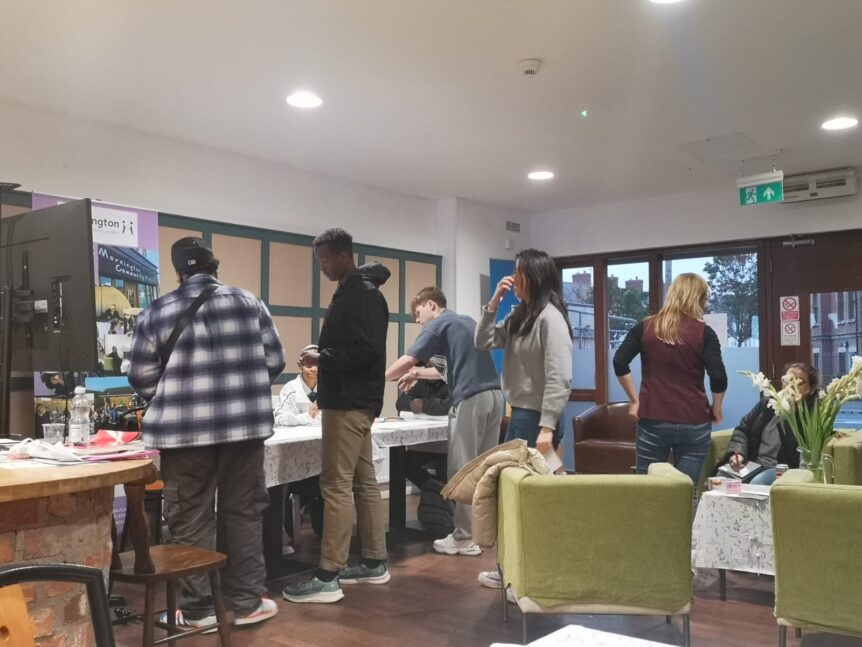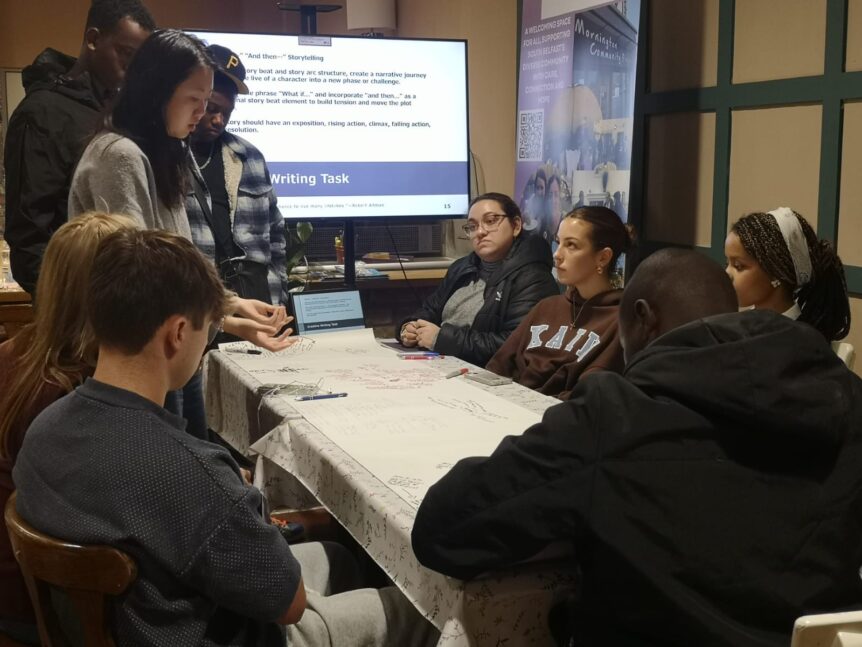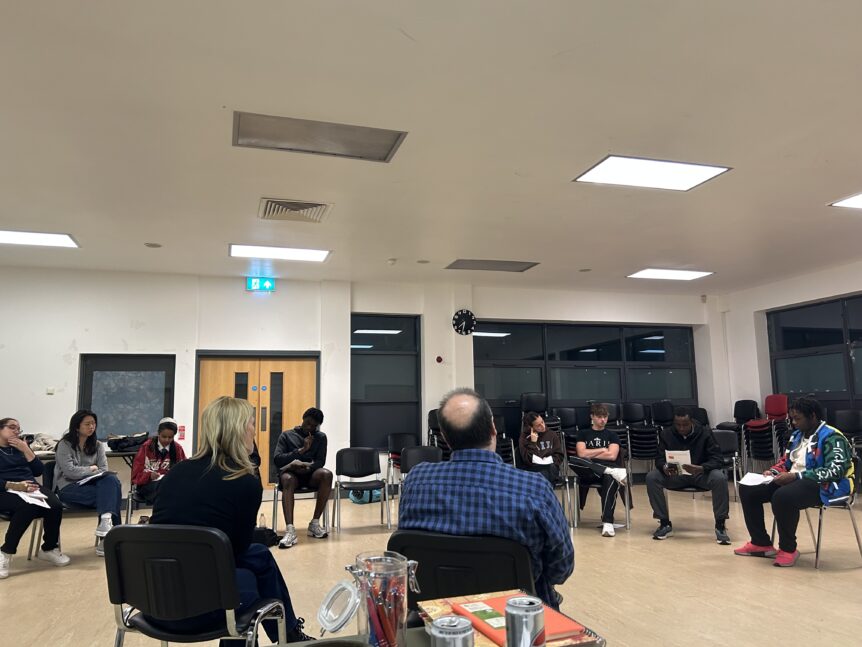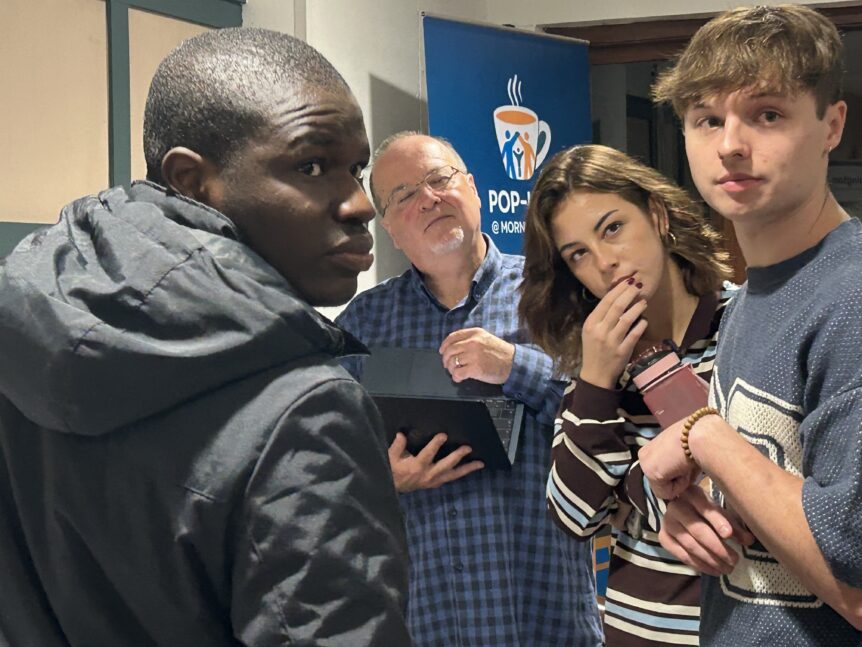Are you teaching young people to use the equipment they already use to take short films, camera phones, or is it actual film-making equipment?
Because every person has a phone and a camera at their disposal, and it’s the first time ever in world history people can just make something with what they have in their hand, we’re going to teach them a foundation course in film-making first. We are going to teach them the key principles, the same principles we used in film-making 100 years ago, because it is those same foundational principles which are used now. We also are putting film cameras in to their hands as well as all the lighting and sound equipment used on a digital film set.

This will make someone ready to walk on to a set. They will be taught how to understand the key operating procedures of how a film is made. How to break down a script, how to operate equipment, how to line up a shot, exactly what the protocols are which go into that.
I’ve made a couple of short films on iPhones and the essential part to learn is how to tell a story. It is true that using Phones or similar equipment removes certain boundaries, economic boundaries, but you still need to, if you want to make an actual film, be able to tell a story. You still need to learn film-making skills. And that is what we are doing.
What kinds of things will the students do other than what you have just described?
As I mentioned, we’re hoping to work with the Belfast Met, and we’re trying to organise a Game of Thrones tour. We’re trying to work with a carbon analyst from an organisation called Carbon Fit.
One of the writers, Tony McCauley has written a play, working with young offenders. We’re going to take the participants to see that play.

One of the facilitators, Thomas, has made a feature film called UnHolylands. We’re going to take the participants to see that film, because it’s in the cinema. It’s really important to show the young people, that something can be made without much funding, without having to go to university to do it, without the backing of a major corporation. You can actually make a film and have it be shown in cinemas.
And there is another film, a Second World War film produced with mainly non-professional Roma actors which Lamb Films produced which students will see as well.

What is the final part of the project?
When we make the film, we’re going to use a generator that’s solar powered. We’re not going to use any unusual plastics. We will reduce our carbon emissions by keeping the development and production local, carpooling, shooting during the day to use natural sunlight. No one is being flown in for this work. We are going to work with all the regulatory bodies to make sure this is a carbon neutral film. And when we do use any carbon, we will offset it.
Finally, the young people who complete the course will become ambassadors for green film-making, and we hope that some of the participants will go on to make their own work, or find ways into the industry in whatever capacity suits them.

